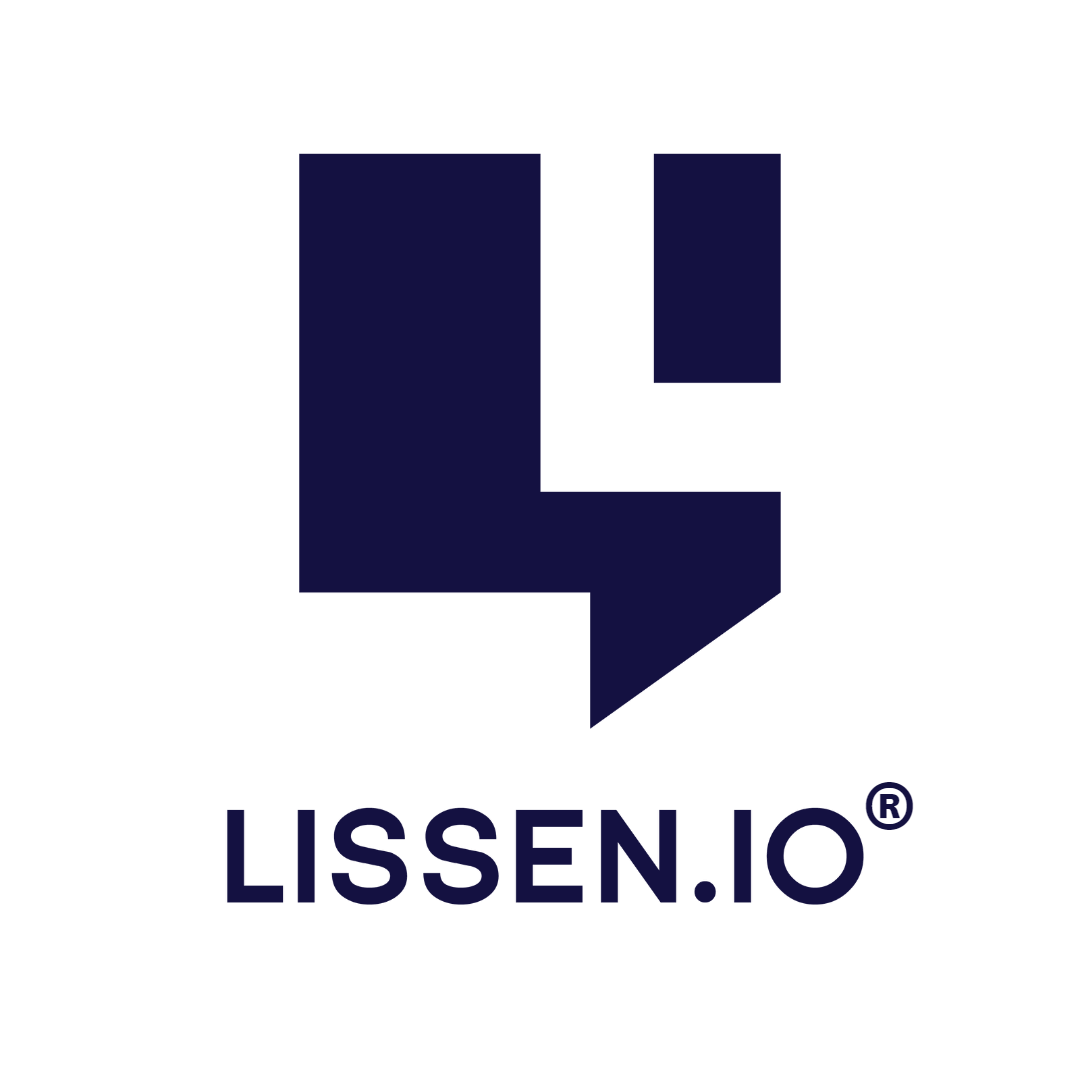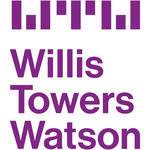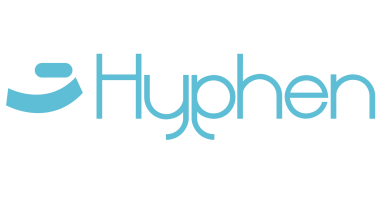Description

Trust Impact

Willis Towers Watson Employee Engagement
Comprehensive Overview: Trust Impact vs Willis Towers Watson Employee Engagement
Willis Towers Watson (WTW) is a well-known global advisory, broking, and solutions company that provides a range of services designed to help organizations manage risk, optimize benefits, cultivate talent, and expand the power of capital to protect and strengthen institutions and individuals. One of the key offerings within their Human Capital and Employee Engagement division is the suite of products and solutions focused on employee engagement and organizational culture, including "Trust Impact."
a) Primary Functions and Target Markets
Primary Functions:
-
Employee Engagement Measurement: Trust Impact is designed to measure various dimensions of employee engagement, enabling companies to assess how engaged their workforce is. This includes understanding employee sentiments, motivations, satisfaction levels, and overall engagement degrees.
-
Organizational Culture Analysis: The solution helps in analyzing the existing organizational culture, identifying strengths and areas for improvement, and developing strategies to cultivate a culture that aligns with company objectives.
-
Actionable Insights: By gathering and analyzing employee feedback, Trust Impact provides actionable insights that help management make informed decisions aimed at enhancing employee engagement and organizational performance.
-
Benchmarking and Reporting: The platform offers benchmarking capabilities that allow organizations to compare their employee engagement levels with industry standards or peers, providing a broader context for their data.
-
Strategic HR Solutions: It supports HR departments in designing and implementing targeted strategies to address issues uncovered by engagement surveys, ultimately aiming to reduce turnover, increase productivity, and boost overall employee satisfaction.
Target Markets:
Trust Impact typically targets medium to large organizations across various industries seeking to optimize their workforce's engagement and productivity. These businesses often span sectors like finance, healthcare, technology, manufacturing, and more, including both public and private institutions.
b) Market Share and User Base
When examining the market for employee engagement and organizational culture solutions, Trust Impact by Willis Towers Watson competes with other major players such as Gallup, Qualtrics, and SurveyMonkey in terms of products and determining their market share and user base.
-
Market Share: Exact market share figures for Trust Impact specifically are typically proprietary information and not publicly available. However, WTW, being a large and established player in the HR and risk management space, does hold a significant position in the employee engagement market globally.
-
User Base: Trust Impact serves a wide and varied user base primarily among larger organizations. The exact number of users is not typically disclosed, but the service has a global reach considering WTW's extensive geographic presence.
c) Key Differentiating Factors
-
Comprehensive Data Analysis: Trust Impact leverages WTW’s robust analytical tools and methodologies to provide in-depth insights that are both comprehensive and tailored to specific organization needs.
-
Global Reach with Local Expertise: Being part of a global firm, Trust Impact benefits from WTW's international reach and local market expertise, allowing it to cater to multinational corporations with diverse and geographically dispersed teams.
-
Customized Solutions: Unlike more straightforward survey tools, Trust Impact offers a high degree of customization, ensuring that the solutions and recommendations are aligned with the unique cultural and operational aspects of the client organization.
-
Integration with Broader HR Solutions: Trust Impact can be integrated with other HR consulting services offered by WTW, such as compensation strategies, talent management, and risk management solutions, providing a holistic approach to workforce management.
-
Benchmarking Capabilities: The solutions include strong benchmarking features that allow organizations to compare themselves against industry norms and leading practices, aiding in setting actionable and realistic goals.
In summary, Trust Impact by Willis Towers Watson is a comprehensive employee engagement solution targeting larger firms with complex needs. Its differentiators are its deep analytical capabilities, global expertise, and integration with broader HR strategies, making it a distinctive choice for those looking to enhance workforce engagement comprehensively.
Contact Info

Year founded :
2019
+44 78 0096 2506
Not Available
United Kingdom
http://www.linkedin.com/company/trust-impact-ltd

Year founded :
Not Available
Not Available
Not Available
Not Available
Not Available
Feature Similarity Breakdown: Trust Impact, Willis Towers Watson Employee Engagement
To provide a feature similarity breakdown for Trust Impact and Willis Towers Watson Employee Engagement, let's explore each of the points you mentioned:
a) Core Features in Common
Both Trust Impact and Willis Towers Watson Employee Engagement solutions generally offer several core features geared towards enhancing workplace culture and driving engagement. These typically include:
-
Employee Surveys: Both platforms provide tools for conducting employee surveys to gather feedback on various aspects of the work environment, leadership, and job satisfaction.
-
Data Analytics and Reporting: Both solutions offer analytics tools that help interpret survey data, identify trends, and generate insightful reports.
-
Actionable Insights: Both platforms emphasize the delivery of actionable insights that can help organizations implement changes based on employee feedback.
-
Benchmarking: The ability to benchmark against industry standards or competitors is often included with both solutions, allowing organizations to contextualize their engagement levels.
-
Customization: Both offer some level of customization to align with the specific needs and goals of the organization.
b) User Interface Comparison
While specific details about the user interface (UI) can depend on version updates and specific implementations, generally:
-
Trust Impact: Tends to focus on a straightforward, user-friendly UI that prioritizes easy navigation and clear visualization of data. It often emphasizes simplicity to encourage use across all levels of an organization, even with limited technical expertise.
-
Willis Towers Watson Employee Engagement: Known for offering a robust, professional UI, often designed to handle complex data sets with advanced analytics features. The UI is typically comprehensive, providing in-depth dashboard capabilities and detailed visual outputs that cater to more analytical users.
c) Unique Features
Each solution might have unique features that set it apart from the other:
-
Trust Impact:
- Real-time Feedback Tools: May offer real-time feedback options that allow for immediate capture and analysis of employee sentiments.
- Integration Capabilities: Possible unique integrations with other HR and productivity tools to streamline data gathering and action planning.
- Focus on Trust Metrics: A potential emphasis on measuring and improving trust within the organization as a core component of its engagement strategy.
-
Willis Towers Watson Employee Engagement:
- Advanced Predictive Analytics: This solution might provide advanced predictive analytics that can forecast future engagement trends and outcomes.
- Global Benchmarking: Might offer extensive global benchmarks based on a large database of organizations worldwide, providing deeper insights into performance.
- Comprehensive Service Offering: Often coupled with additional consulting services to support the implementation of engagement improvement strategies, unlike more self-service oriented platforms.
These aspects might vary over time with product updates or new feature releases, so for the most up-to-date specifics, it would be ideal to contact the service providers directly or check their latest product documentation.
Features

Customer Data Security
Real-Time Analytics
User-Friendly Interface

Action Planning
Employee Surveys
Engagement Insights
Best Fit Use Cases: Trust Impact, Willis Towers Watson Employee Engagement
a) Best Fit Use Cases for Trust Impact
Types of Businesses or Projects Best Suited for Trust Impact:
-
Large Enterprises: Trust Impact is particularly beneficial for large organizations that need to manage and enhance trust across diverse teams and departments. These companies often face challenges associated with maintaining a consistent workplace culture and trust among employees due to their size.
-
Organizations Undergoing Transformation: Companies undergoing mergers, acquisitions, or significant organizational changes can benefit from Trust Impact. The tool can help leaders assess and improve trust levels during periods of change, which is critical for a smooth transition.
-
Industries with High-Compliance Requirements: Businesses in industries such as finance, healthcare, or pharmaceuticals, where trust and compliance are crucial, may find Trust Impact to be a valuable tool in ensuring that employees feel secure, valued, and aligned with organizational values.
-
Remote or Hybrid Workplaces: As remote work becomes more prevalent, maintaining trust in a virtual environment is challenging. Trust Impact can help organizations identify and bridge trust gaps in remote or hybrid work settings.
b) Scenarios Where Willis Towers Watson Employee Engagement is Preferred
Scenarios for Optimal Use of Employee Engagement:
-
Companies Looking to Enhance Employee Experience: Businesses that aim to improve overall employee experience by gathering feedback and measuring engagement levels will find this solution valuable.
-
Organizations with High Turnover: Companies experiencing high turnover rates may use Willis Towers Watson’s Employee Engagement tools to identify underlying issues related to employee satisfaction and motivation.
-
Development of Employee Value Proposition (EVP): Organizations refining or developing their EVP can benefit by closely aligning employee feedback and engagement insights to create compelling EVP strategies.
-
Performance-Driven Cultures: Companies that emphasize performance and productivity can use these insights to drive engagement strategies that align with performance goals.
d) Catering to Different Industry Verticals or Company Sizes
-
Industry Verticals:
- Finance and Banking: Both Trust Impact and Employee Engagement are well-suited to handle the complex dynamics of trust and engagement in heavily regulated industries, ensuring that employees remain compliant and engaged.
- Healthcare: In healthcare, employee engagement solutions can help address burnout and satisfaction, whereas trust measures can improve team collaboration and patient care.
- Technology and Startups: Here, emphasis might be more on innovative engagement strategies and building a high-trust culture to foster creativity and retain talent in a competitive market.
-
Company Sizes:
- Small to Medium Enterprises (SMEs): SMEs may gravitate toward employee engagement solutions to foster a growth-oriented work culture and retain talent, as they may not have the resources for large-scale trust assessment.
- Large Corporations: Larger companies may leverage both products to maintain a healthy organizational culture across sprawling corporate structures. Trust Impact helps in aligning decentralized teams, while engagement tools aid in pinpointing areas needing improvement.
Overall, both Trust Impact and Willis Towers Watson Employee Engagement are designed to cater to diverse business needs, enhancing organizational culture through reliable measures of trust and engagement. Each product has unique strengths that make it suitable for specific situations, industry requirements, and company structures.
Pricing

Pricing Not Available

Pricing Not Available
Metrics History
Metrics History
Comparing teamSize across companies
Conclusion & Final Verdict: Trust Impact vs Willis Towers Watson Employee Engagement
To provide a comprehensive verdict on Trust Impact and Willis Towers Watson Employee Engagement solutions, we need to evaluate which product offers the best value, weigh their pros and cons, and summarize specific recommendations for potential users.
Conclusion and Final Verdict
-
Considering all factors, which product offers the best overall value?
Determining the best overall value between Trust Impact and Willis Towers Watson Employee Engagement depends largely on the specific needs and context of your organization. However, if we were to generalize based on cost, features, user experience, and industry applicability:
-
Trust Impact tends to offer more personalized and agile solutions with perhaps easier integration for smaller to mid-sized companies. This might make it more valuable for organizations seeking customizable and flexibly priced solutions.
-
Willis Towers Watson Employee Engagement is known for its robust and comprehensive tools that often cater to larger organizations with complex needs. Their comprehensive data analytics and insights might provide more value for multinational corporations or industries needing deep analytics and benchmarking.
-
-
Pros and Cons of Choosing Each Product
Trust Impact:
- Pros:
- Flexibility and adaptability in engagement solutions.
- Potentially lower cost for smaller or medium enterprises.
- User-friendly interface and quicker implementation.
- High degree of customization.
- Cons:
- May lack the depth of data and detailed insights that larger firms might find necessary.
- Might not have extensive benchmarking capabilities against industry standards.
Willis Towers Watson Employee Engagement:
- Pros:
- Comprehensive data analytics and benchmarking tools.
- Highly beneficial for large, diverse, or international organizations.
- Established brand with extensive industry experience.
- Often includes consultancy services that guide implementation and strategy.
- Cons:
- Potentially higher costs, which might not be feasible for smaller businesses.
- More complex implementation process.
- Less flexibility in off-the-shelf solutions.
- Pros:
-
Specific Recommendations for Users
-
Assess Organizational Needs: Evaluate the scale and complexity of your organization's needs. If your company is large or has diverse operations, look towards Willis Towers Watson for its comprehensive offerings. For smaller entities or those seeking a more tailored approach, Trust Impact might be more suitable.
-
Budget Consideration: Trust Impact may suit organizations with more constrained budgets or those prioritizing cost-efficiency. In contrast, Willis Towers Watson can provide high ROI for those willing to invest in a more comprehensive service.
-
Industry Practices: Understand industry norms and standards. If extensive benchmarking and industry-specific insights are crucial, Willis Towers Watson's offerings might better support your goals.
-
Demo and Trial: Engage with both products through demos or trial phases to understand user interfaces, support levels, and how well they align with your company culture and operational workflow.
-
Ultimately, both products are valuable contenders in the realm of employee engagement but cater to different segments and needs within the market. Making an informed decision requires a detailed comparison aligned with the company's strategic goals and resource capabilities.
Add to compare
Add similar companies



